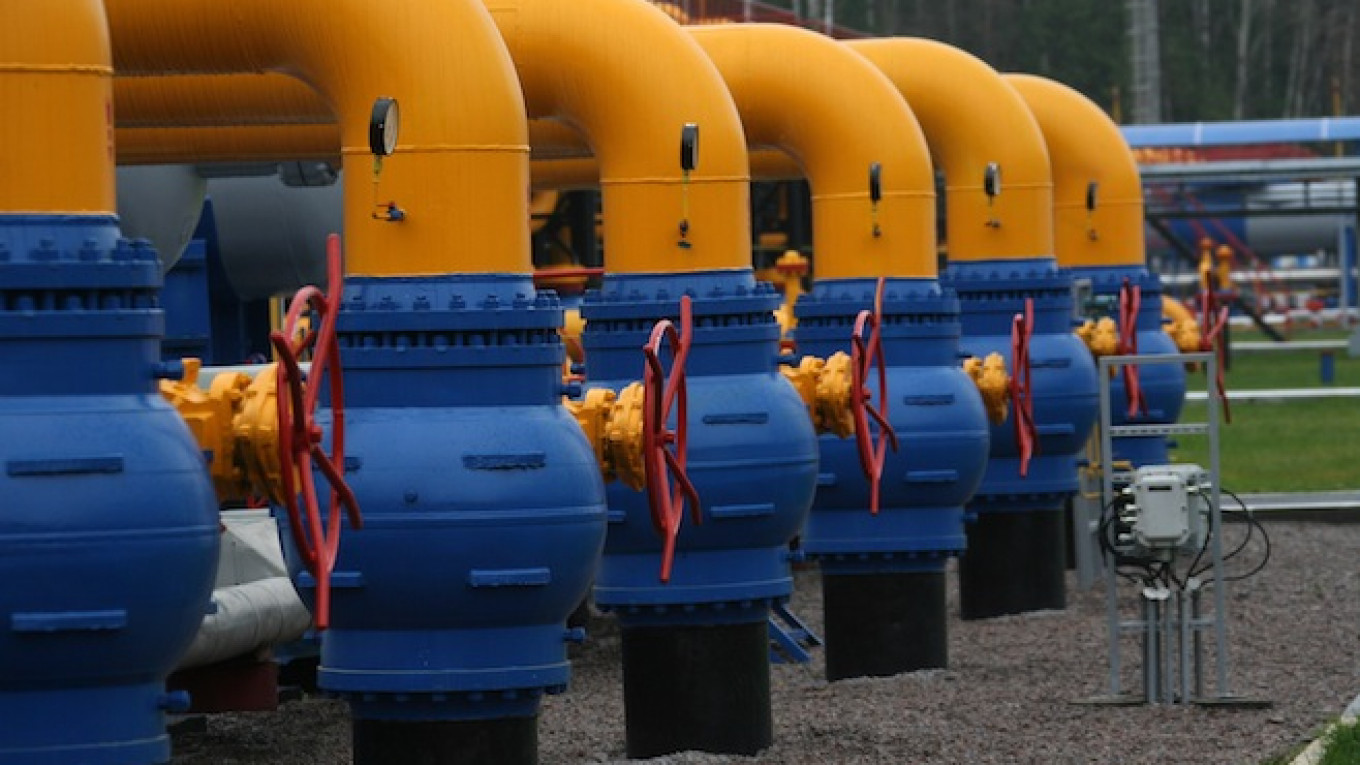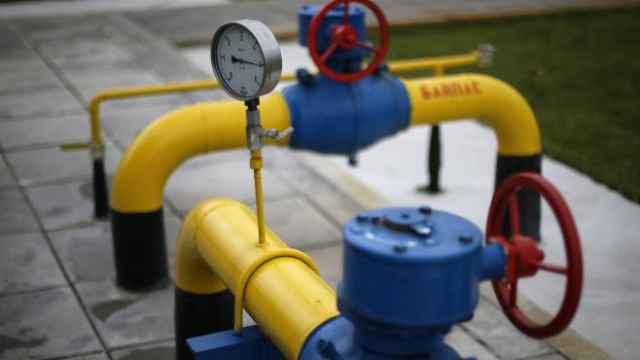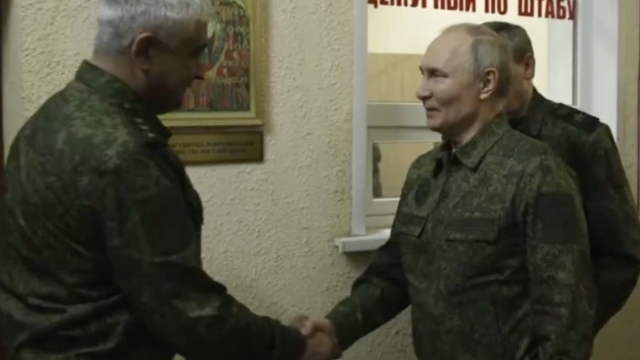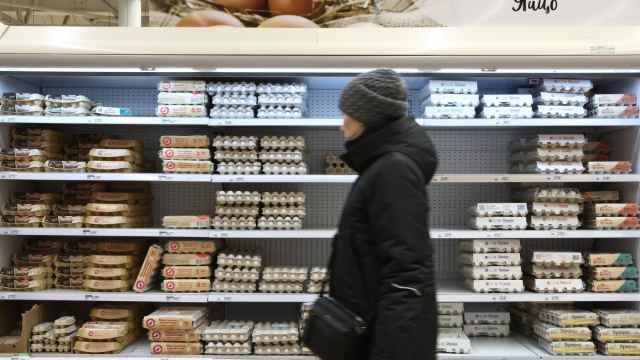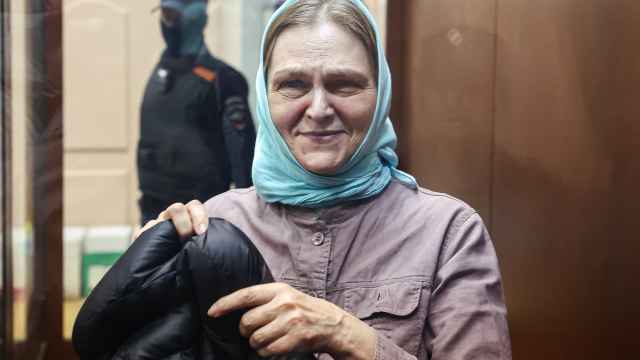BERLIN — Ukraine and Russia moved closer to a deal that would guarantee Kiev at least 5 billion cubic meters of gas for the next six months if Ukraine made pre-payments.
Russia cut off gas supplies to Ukraine in June because of a row over Ukraine's unpaid gas bill. The European Union has brokered a series of talks between the two sides.
The deal would involve Kiev paying $2 billion by the end of October and a further $1.1 billion by the end of the year towards its debts, with the International Monetary Fund (IMF) putting up guarantees, said European Energy Commissioner Günther Oettinger Friday. The price being discussed was $385 per cubic meter.
Ukraine Energy Minister Yuri Prodan said after the talks there was no agreement with Russia yet over the price, and differences remained over the payment of debts, but Ukraine was prepared to compromise and he expected questions over the proposed deal to be settled by next Tuesday.
"The chances are very high that all parties will sign the agreement," said Oettinger, who hoped the deal could be signed by the end of next week.
"It's in all our common interests that the gas supplies are secured for European Union citizens with a smart resolution," he said, adding that an agreement was also in Ukraine's interests, to ensure its reliability as a gas transit nation, and Russia's interests as a provider of natural gas supplies.
Russia Energy Minister Alexander Novak also sounded optimistic. "We have made a lot of headway," he said.
Novak dismissed a suggestion made at the United Nations on Thursday by Ukraine's Prime Minister Arseny Yatsenyuk that Russia was using gas as a weapon and wanted to freeze Ukraine.
"His comments aren't right and don't create respectful conditions for negotiations," Novak said.
European winter natural gas price benchmarks dropped over 1.5 percent on Friday afternoon as a deal that would help prevent a winter supply shortfall appeared closer.
Ukraine's annual gas demand tends to be around 50 billion cubic meters (bcm), with half of consumption usually provided by Russia. Moscow likely delivered 5-10 bcm between January and June this year before stopping supplies. Ukraine's own annual domestic gas production is 25 bcm, though that figure will be lower this year due to the loss of Crimea, leaving Ukraine still needing 15-20 bcm from elsewhere.
An extra 5 bcm discussed in the deal would not quite be enough. Most estimates say 5-6 bcm could come via reverse flows by the end of the year.
An interim solution would leave unsolved the issue of Ukraine's gas debts to Russia, which would still have to be settled by international arbitration.
Russia is the European Union's biggest energy supplier, providing about a third of its oil and gas. Norway is the second-biggest gas supplier.
Roughly half of the Russian gas supplied to the EU is pumped via Ukraine, raising the risk that the supply cut-off to Kiev could have knock-on effects for the EU.
Russia's Gazprom said last Wednesday it was unable to meet rising gas demand from Europe while it built up stockpiles ahead of winter.
The move undermines the ability of Europe to supply gas to Ukraine, where the West and Russia have taken opposing sides of a separatist rebellion in the east.
Hungary said on Friday it had secured increased gas imports from Gazprom after its pipeline operator halted shipments of gas to Ukraine.
But Oettinger dismissed suggestions that it was a political moved against Ukraine. "Hungary has informed Ukraine that they will technically not make reverse-flow supplies. However, I don't think this is a blockade."
A Message from The Moscow Times:
Dear readers,
We are facing unprecedented challenges. Russia's Prosecutor General's Office has designated The Moscow Times as an "undesirable" organization, criminalizing our work and putting our staff at risk of prosecution. This follows our earlier unjust labeling as a "foreign agent."
These actions are direct attempts to silence independent journalism in Russia. The authorities claim our work "discredits the decisions of the Russian leadership." We see things differently: we strive to provide accurate, unbiased reporting on Russia.
We, the journalists of The Moscow Times, refuse to be silenced. But to continue our work, we need your help.
Your support, no matter how small, makes a world of difference. If you can, please support us monthly starting from just $2. It's quick to set up, and every contribution makes a significant impact.
By supporting The Moscow Times, you're defending open, independent journalism in the face of repression. Thank you for standing with us.
Remind me later.


